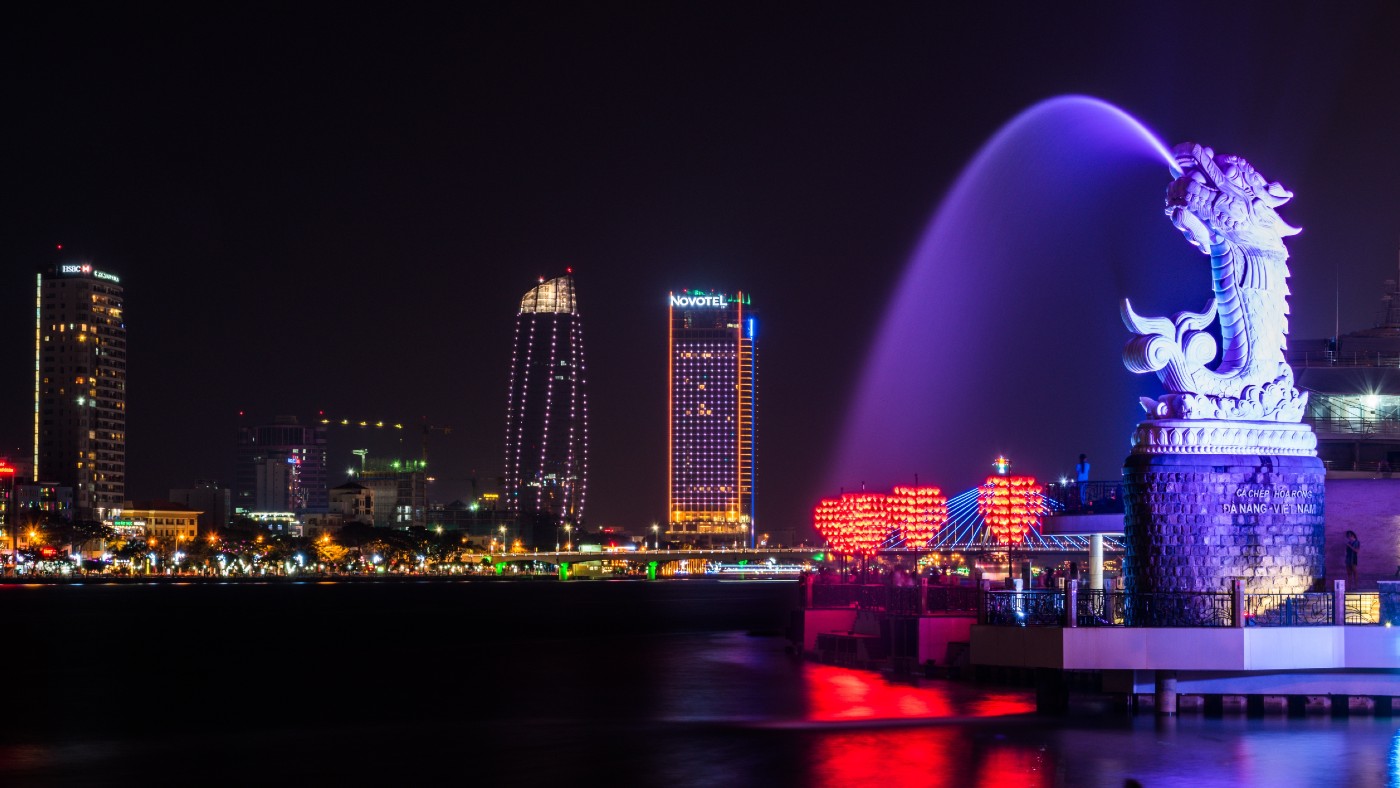Investing in Asia: what the experts think
China Plus One, Viet opportunity and India’s stealthy bull

A free daily email with the biggest news stories of the day – and the best features from TheWeek.com
You are now subscribed
Your newsletter sign-up was successful
China Plus One
When the pandemic hit, many “wrote an obituary for China-focused globalisation”, said Megan Greene of Harvard Kennedy School in the FT. But there’s actually little evidence of it slowing down. US imports hit “an all-time high” of $288.5bn in September, and China’s trade surplus has exceeded pre-pandemic levels. True, we don’t know how the geopolitics will “play out”. But what seems more likely than deglobalisation is the developing “China Plus One” strategy: companies keeping factories in China, but hedging their bets elsewhere. Foreign direct investment (FDI) has thus been growing fast in Thailand, Vietnam and Malaysia – spelling opportunities for investors.
Viet opportunity
The Week
Escape your echo chamber. Get the facts behind the news, plus analysis from multiple perspectives.

Sign up for The Week's Free Newsletters
From our morning news briefing to a weekly Good News Newsletter, get the best of The Week delivered directly to your inbox.
From our morning news briefing to a weekly Good News Newsletter, get the best of The Week delivered directly to your inbox.
The market that catches my eye, said Jeff Prestridge in The Mail on Sunday, is Vietnam – a comparatively new Asian tiger, which enjoyed pre-pandemic growth of 7-8%, and seems “set for a big leap”. The Vietnamese stock market is among Asia’s best performing – up more than 30% this year. More of the same is predicted for 2022 as corporate earnings recover – particularly if, as seems likely, Vietnam is reclassified from an embryonic “frontiers” market to a fully- fledged “emerging” market, which will attract the big international investors. Three trusts trading on the London Stock Exchange invest exclusively in Vietnamese companies: VinaCapital Vietnam Opportunity, Vietnam Holding and Vietnam Enterprise. But they’re only for “brave hearts”. A safer bet, says Brian Dennehy of Fund Expert, is a fund broadly invested across Asia, such as Barings ASEAN Frontiers, which has 2.5% of its assets in Vietnam.
India’s stealthy bull
Don’t forget India, said Rob Morgan of Charles Stanley in Investment Week. Thanks to a “stealth” bull market, the country’s main Sensex index is up by almost 50% over one year. Shares are now expensive, but India “remains unique among major economies” for its scope for fast growth: predicted at 9% this year, and around 6% in 2022. The country is increasingly seen “as a natural alternative to China” for outsourcing manufacturing. If you’re looking for “broad exposure to Asia”, with a significant Indian exposure, consider the Stewart Investors Asia Pacific Sustainability fund, which has around 40% of its portfolio in Indian equities.
A free daily email with the biggest news stories of the day – and the best features from TheWeek.com